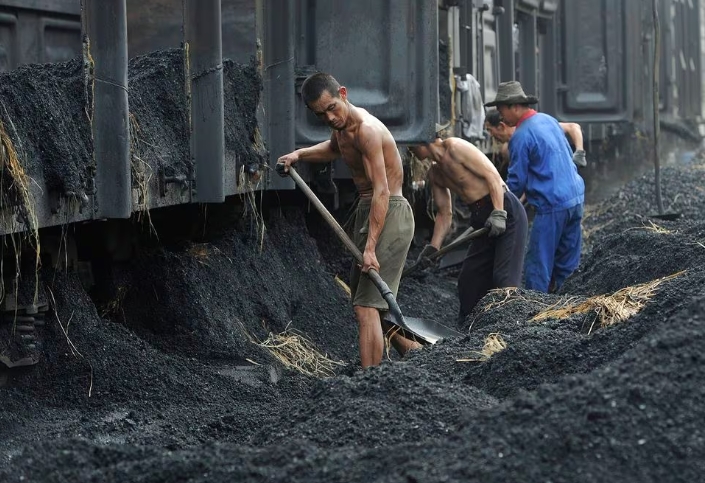
The move, which will take effect from Jan. 1, 2024, was widely anticipated by analysts, and comes as the world's biggest coal consumer is increasingly in the spotlight for its expanding coal power capacity ahead of the COP28 summit at the end of the month.
Coal plants in most of China's regions will be able to recover around 30% of their capital costs between 2024 and 2025, state planner the National Development and Reform Commission (NDRC) said in a notice.
The payment will take the form of a tariff paid to coal-fired power producers by the grid company, which is collected from industrial and commercial end-users through a surcharge.
The capacity payments will be calculated based on fixed costs of 330 yuan ($45.25) per kilowatt per year for coal plants.
Beginning in 2026, the capacity payment rate will be increased to at least 50% in all regions, the notice said.
The NDRC did not immediately respond to Reuters' faxed request for comment.
China has added 226 gigawatts of extra generating capacity so far in 2023, led by a dramatic increase in solar capacity (129 GW) along with smaller increases in thermal (39 GW), wind (33 GW) and hydro (8 GW).
However, the variability of power output from weather dependent renewable sources and concerns over domestic energy security have led policymakers to continue to see coal as a backstop in the country's grid system, with new coal-fired power plants continuing to be built.
Analysts said the move was important to ensure the financial viability of seldom-utilised, backup coal power, which is used for demand peaks or when renewable power generation is insufficient.
"It adds a lot of flexibility to the grid system and should allow more intermittent generation (like wind or solar) to enter the generation mix without compromising grid stability or energy security," said David Fishman, a senior manager at Shanghai-based energy consultancy the Lantau Group.
"As the utilisation hours of coal-fired power plants gradually decrease, it becomes challenging for coal-fired generation to cover its costs solely through generation sales Therefore, there is an urgent need for capacity mechanisms," said Xuewan Chen, an energy transition analyst at LSEG in Beijing.
Chinese coal power producer stocks rallied on the news. Shares in Shanxi-based coal power producer Jinneng Holding Group (000767.SZ) were up 4.6% on Friday, while Jiangxi Ganneng (000899.SZ) rose 4.4%, and Hunan-based Datang Huayin Electric Power Co (600744.SS) increased 1.8%.
However, observers also cautioned that the policy could risk entrenching inefficient coal power in China's energy system, despite its rapid expansion of renewable power generation capacity.
China currently has 243 GW of coal-fired capacity permitted and under construction, according to a report by the Centre for Research on Energy and Clean Air.
"Capacity mechanisms like this can distort market signals and allow capacity to remain in the system, earning capacity payments, when it should have exited sooner," the Lantau Group's Fishman noted.
"Capacity-based electricity pricing for coal power will further incentivise state-owned enterprises in China to build new coal power projects in the short term. Capacity payments should be for all power producers, not only for coal power," said Zhang Kai, deputy program director for Greenpeace East Asia in Beijing.